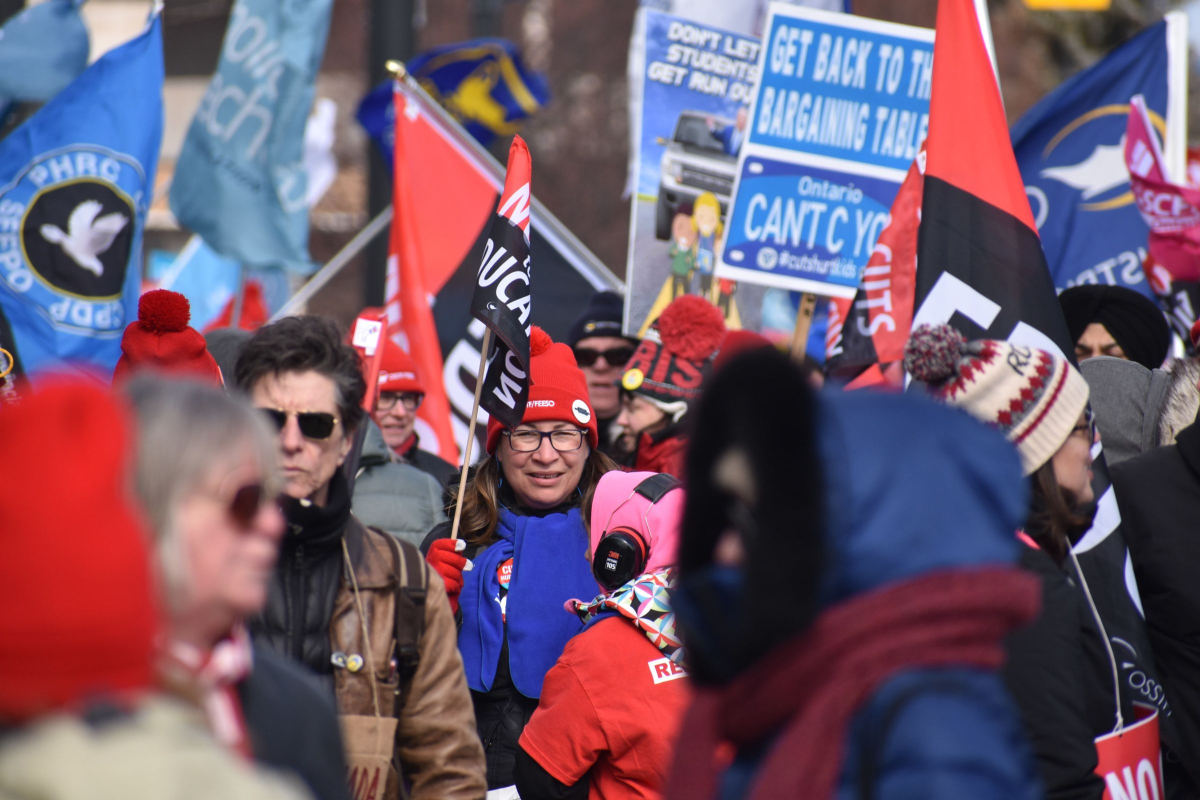In a recent landmark decision, the Supreme Court has dealt a blow to labor unions by ruling against their long-standing immunity when it comes to strikes. This ruling has significant implications, potentially opening the floodgates for a wave of lawsuits against unions and individual workers engaging in strikes. The decision has sparked widespread debate, with proponents lauding it as a victory for workers’ rights and opponents expressing concern about its impact on organized labor.
The Supreme Court’s Decision
The case in question involved a labor union that had organized a strike, resulting in disruptions to essential services and economic activities. The union argued that their actions were protected under the right to strike, a fundamental aspect of collective bargaining rights. However, the Supreme Court, in a narrow majority decision, held that certain strikes can indeed be subject to legal scrutiny and potential lawsuits.
Implications for Labor Unions
The ruling has significant implications for labor unions, potentially undermining their ability to organize and carry out strikes effectively. Unions have long relied on the power of strikes as a bargaining tool to negotiate better wages, working conditions, and benefits for their members. With the possibility of facing legal consequences for strike actions, unions may face increased challenges in achieving their objectives.
Increased Litigation and Legal Uncertainty
This ruling opens up the potential for an influx of lawsuits against unions and individual workers involved in strikes. Employers dissatisfied with the outcomes of labor disputes can now resort to the legal system to seek damages and injunctions against striking workers. The threat of legal action could deter workers from engaging in strikes altogether, leading to diminished collective bargaining power and weakened labor movements.
Balancing Workers’ Rights and Public Interest
While the decision aims to strike a balance between workers’ rights and the public interest, critics argue that it tilts the scales in favor of employers and undermines the fundamental right to strike. Strikes have historically played a vital role in achieving fair labor practices and improving working conditions. The ruling potentially erodes the ability of workers to exercise their collective power and hold employers accountable for unjust practices.
The Role of Legislation and Future Debates
The Supreme Court’s ruling highlights the need for comprehensive labor laws that provide clarity and protection for both workers and employers. Policymakers and lawmakers must address the potential repercussions of this decision and assess whether legislative measures are necessary to safeguard workers’ right to strike while ensuring that essential services and public interests are not unduly disrupted.
The Supreme Court’s recent decision striking down labor union immunity in strike-related lawsuits has significant implications for the future of organized labor in the United States. While proponents argue that it enhances employers’ ability to seek legal recourse, opponents fear that it weakens the power of unions and undermines workers’ rights. The ruling highlights the importance of legislative measures to strike a fair balance between protecting workers’ rights and maintaining social order. As the debate continues, it remains to be seen how this decision will shape the landscape of labor relations and the dynamics between employers, unions, and workers in the years to come.


